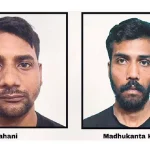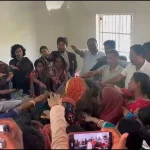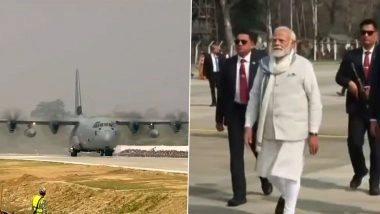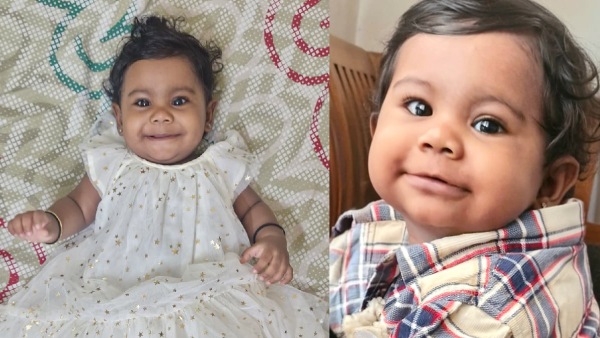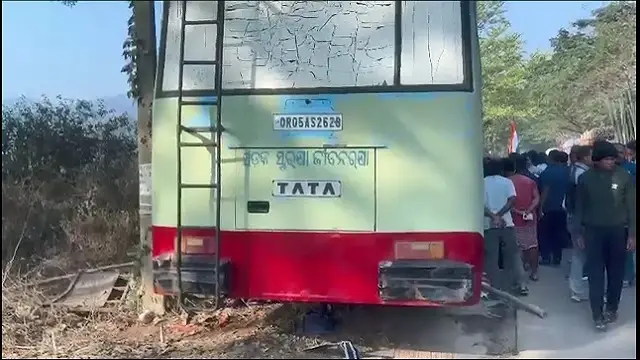New Delhi: The Supreme Court has put a hold on the National Commission for Protection of Child Rights (NCPCR) recommendations to cease state funding for Madrassas and Madrassa boards that do not comply with the Right to Education (RTE) Act. The court also stayed the directive to enroll children attending Madrassas in formal schools.A bench led by Chief Justice DY Chandrachud, along with Justices JB Pardiwala and Manoj Misra, issued the stay order in response to a petition filed by the Muslim organization Jamiat Ulema-i-Hind. The petition challenged the NCPCR’s communications dated June 7 and June 25, which had prompted some states, including Uttar Pradesh and Tripura, to take action against unrecognized Madrassas1.The NCPCR had recommended that state funding for Madrassas be halted and that children attending these institutions be transferred to formal schools to ensure compliance with the RTE Act. The commission argued that many Madrassas were not providing the standard education required under the Act2.However, the Supreme Court’s stay order means that these recommendations will not be implemented until further notice. The court’s decision was influenced by arguments that the NCPCR’s directives could disrupt the education of many children and infringe on the rights of religious minorities1.The stay has been welcomed by various Muslim organizations and educational bodies, who argue that Madrassas play a crucial role in providing education to children from economically disadvantaged backgrounds. They also contend that many Madrassas are making efforts to comply with educational standards and should not be penalized without due process2.The Supreme Court’s intervention highlights the ongoing debate over the role of religious educational institutions in India and their compliance with national education standards. The case will continue to be monitored closely as further hearings are scheduled.
Supreme Court Stays NCPCR Recommendations on Madrassa Funding and Compliance






